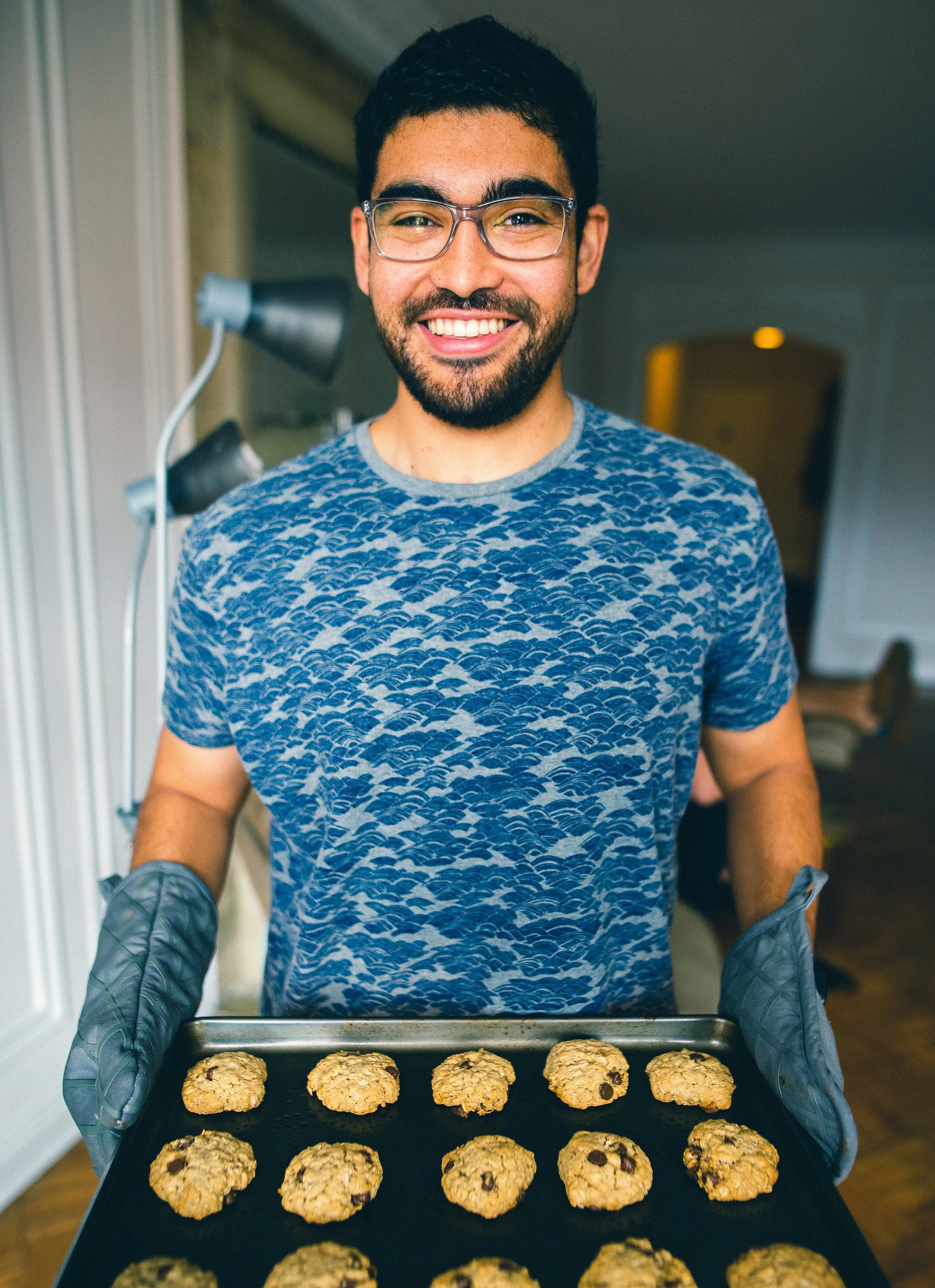front lines.
3.29.18
In Denver, I was working with an underserved, very poor population of mostly Spanish speakers. When they saw me, I feel like they opened up a little more. And I was thinking about that… how many times do you think these patients walk into doctor’s appointments and see someone who looks like them? I heard that something like 2% of all PTs are Hispanic males. We—minorities—are not represented well in healthcare. But I feel like it’s so powerful to see people who look like you. Especially for parents who have young kids, so that those kids can have role models.
I’m very aware of racial caricatures and negative stereotypes, and a lot of the time I feel like it’s my burden to dispel those. Like when I was in Houston, one of my patients said this to me:
“Now, I’m not racist but…Houston doesn’t look like it used to. There are a lot more people who look like you now. A lot more violence and gangs.”
So as a minority who’s going to be a healthcare provider, I feel like I’m in a weird position, where people might say “oh, you’re the good brown person. You’re the exception to the stereotype.” But, I want people to see me and the way I act and think “that’s normal.”
I put a lot of pressure on myself, for better or for worse. Sometimes it gets to me. Like I don’t want to focus on my race all the time. Sometimes I just want to be a normal dude. But on the other hand, I know it’s a responsibility that I’d rather be on the front end of. I’d rather be a part of the change than wishing that other people were doing it.
Nicholas Gonzales
Class of 2019
